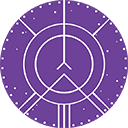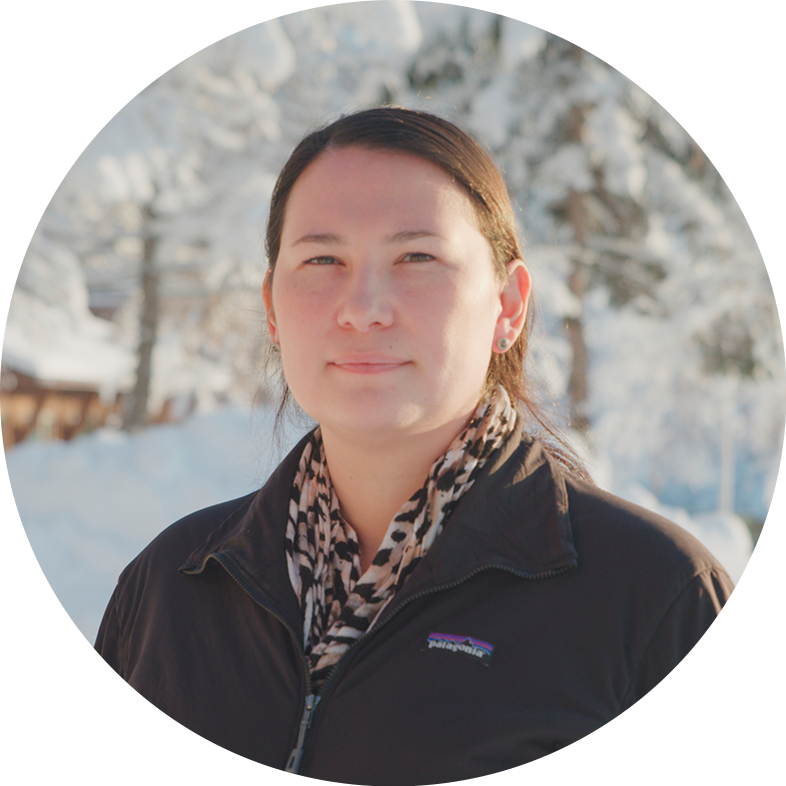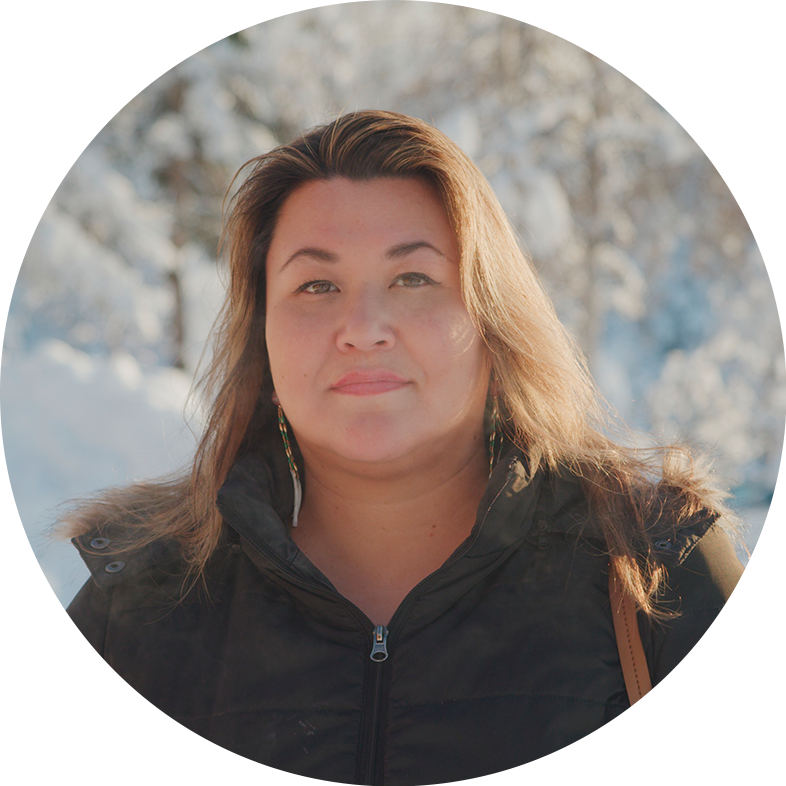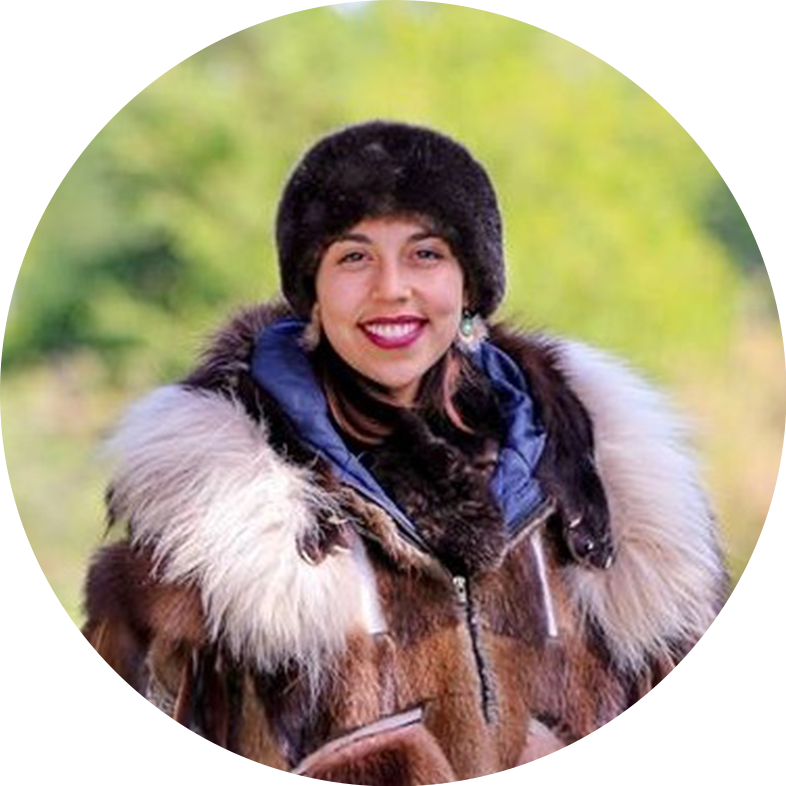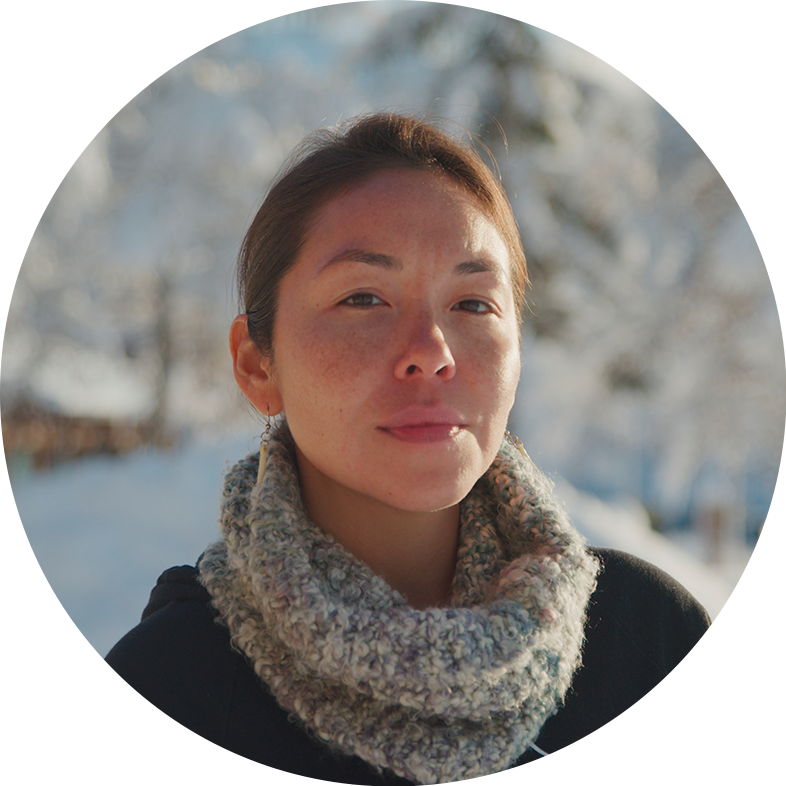
Alaska Native Storyworkers Guild
Home / Alaska Native Storyworkers Guild
The Aywaa storyhouse is a program of the Alaska Venture Fund (AVF).
It was established in 2020 following a convening entitled: Our Seas Are Rising and So Are We. The Indigenous leaders in attendance determined the primary themes that shaped the design and content of the storyhouse. The themes are as follows:
Resilience for Alaska Native peoples and communities rises directly out of reclaiming our stories, languages, and values;
Indigenous leaders and communities already possess what we need—we simply need to elevate its focus;
Next-gen Indigenous leaders are eager to shape the future of their communities;
Create Indigenous networks of expertise, mentorship, and support for Indigenous-led efforts—particularly when it comes to climate and social justice; and
Alaska’s Indigenous peoples are positioned well to mentor the world as we work to strengthen and reimagine systems centered in Indigenous values.
Our Purpose: Indigenous oratory, dialogue, and expression have transformative power. They are the soul of our sovereignty. We achieve our purpose through values that:
INFORM:
We are dedicated to elevating and sharing the cultural narrative Alaska’s Indigenous peoples and increasing philanthropic attention to existing and emergent opportunities that enhance genuine partnerships and collaborative efforts.
ENGAGE:
We are committed to creating networks of expertise, mentorship, and support for Indigenous-led efforts throughout Alaska.
INSPIRE:
Alaska Native peoples can mentor the world. As we work to strengthen and re-localize systems in Alaska’s communities, we believe the values and narratives of Alaska’s Indigenous peoples will help others reimagine their own communities as well.
